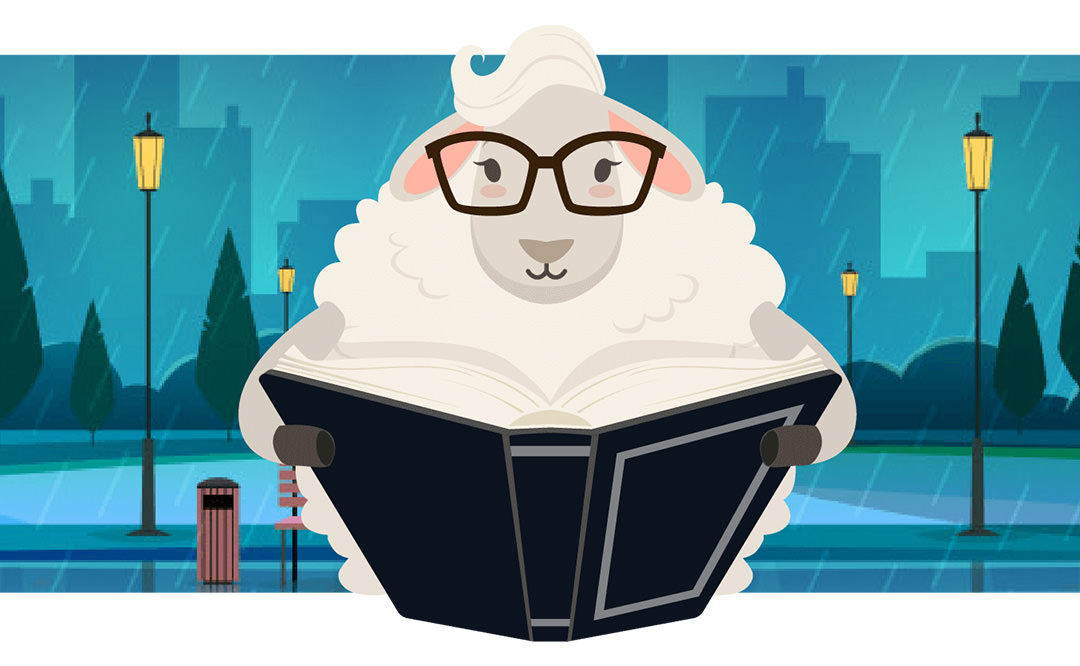I was used to being on stage. I was used to being in front of people singing, dancing, acting, and teaching. But here I was, with my heart pounding so loud it could drown the noise of the traffic and all I had to do was talk to one person.


Spotlight
Bible teacher, counselor and random writer.
sandeepchristian@gmail.com
FB: @SandeepChristian
Instagram: @christian.sandeep
In the Bible, right at the end of John’s gospel, you find an interesting dialogue between Peter and Jesus. Jesus, in effect, commands Peter to feed the sheep of God. Now this, among other verses, has become one of the hallmark verses when defining the role of the pastor of a Church. After all, if a pastor can do many other nice things but not feed the sheep, then he is failing in his primary duty. But along with this understanding has also come this attitude wherein the diet of the sheep has become solely the pastor’s responsibility and the so called sheep are left with no role in this regard. But this attitude goes against other teachings of the New Testament, especially those of the Apostle Paul.
We know Paul definitely expected the pastors of the Church to be effective in their feeding of the flock. To see this, one just has to read through the letters written to Timothy and Titus, each of whom carried pastoral responsibilities. We find a range of teaching as to how they both, as pastors, needed to ensure the health of the flock entrusted to them by the way in which they taught.
But anyone who knows the Bible would tell you that the Letters to Timothy and Titus make up only 3 of all the letters of Paul in the New Testament. The vast majority of his writings were written to the church community as a whole. In these he calls the people (sheep) to take responsibility for their lives, to live out their faith, to grow in their faith, to be effective witnesses and so much more. This is not merely Paul’s sentiments. The author of the book of Hebrews (whom most would say is not the apostle Paul) would also tell the believers (Heb 5:12) that by now they ought to be teachers and yet they have not yet grown up in their faith. The author Jude also puts the onus of being established in the love of God on the believers/sheep (Jude 21).
The expectation for the sheep to take ownership of their own faith and feed it and nurture it (feed and grow themselves) is unmistakable and even obvious throughout the bible. From the OId Testament to the New, leaders are given responsibility over the sheep and will be held accountable for it. But this in no way absolves the sheep from their own responsibility for their own faith life and walk with God. So we find that it is true – effective sheep feed and grow themselves. Not only this, effective sheep are also careful about what they eat. They take care to be discerning in their diet. Paul, Jude, Peter and others all write and warn of false teachers. Once again these writers call the sheep to be discerning and careful about the theologies and doctrines they are being taught. It is not merely about taking in a lot, it is about taking a lot of the right stuff. This is what “effective sheep” do – Effective sheep eat well!